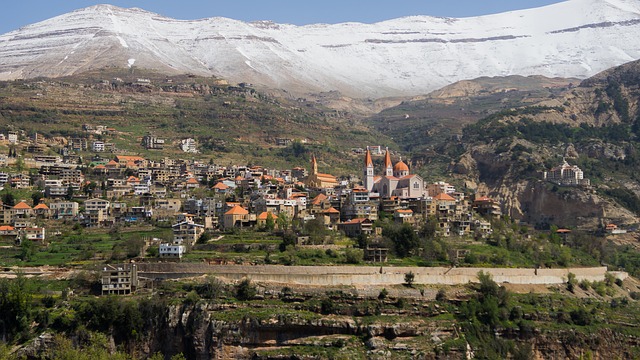Child labor in Lebanon tripled between 2009 and 2016, finds new report

A new report published by the United Nations Children’s Fund (UNICEF) finds that child labor in Lebanon has tripled, from 1.9% in 2009 to 6% in 2016. The report underlines the direct impact of both increasing poverty levels and the Syrian refugee crisis on the increase in the number of child laborers.
Despite being classed as a high middle-income country, one million Lebanese people live in conditions of poverty and approximately 300,000 live in extreme poverty; unable to meet their most basic food and non-food needs.
The refugee crisis has concentrated the poorest in the country into rural and agricultural regions with around 60% of child laborers in Lebanon working in agriculture. The sector’s informal nature and high demand for cheap, low-skilled labor only exacerbates the problem.
Characterized by a high number of fatalities, accidents, and occupational diseases, the International Labour Organization (ILO) identifies agriculture as one of the three most dangerous labor sectors, along with mining and construction. In the Beqaa Valley, children work picking beans, figs, and potatoes, exposing them to dangerous chemicals and long hours working in the sun.
UNICEF emphasizes the need to encourage education for rural girls aged 15–18, including vocational training and stresses the importance of enforcing the Lebanese Labor Code that sets 14 years of age as the minimum working age.
However, in Does minimum age of employment regulation reduce child labor? Eric V. Edmonds argues that although, “if enforced, these regulations can change the types of work in which children participate… recent research for 59 developing countries finds little evidence that these regulations influence child time allocation in a meaningful way.”
Therefore, Edmonds recommends, “coordinating compulsory schooling laws and minimum age of employment regulations may help maximize the joint influence of these regulations on child time allocation” but also, argues that these tools should not be the sole focus in the global fight against child labor.